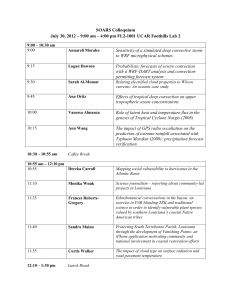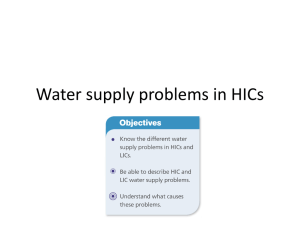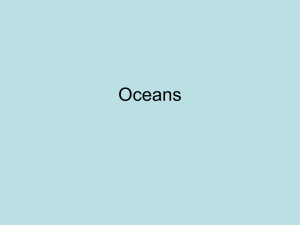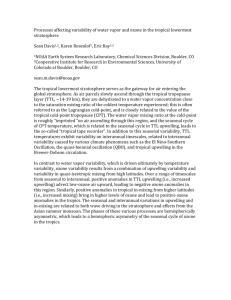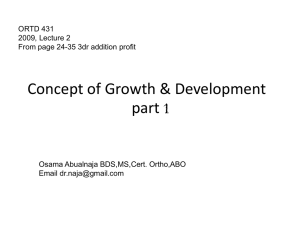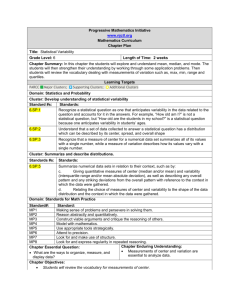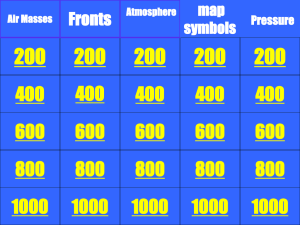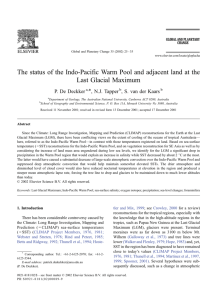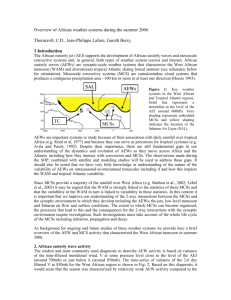Dear Colleagues, We would like to bring your attention to an
advertisement
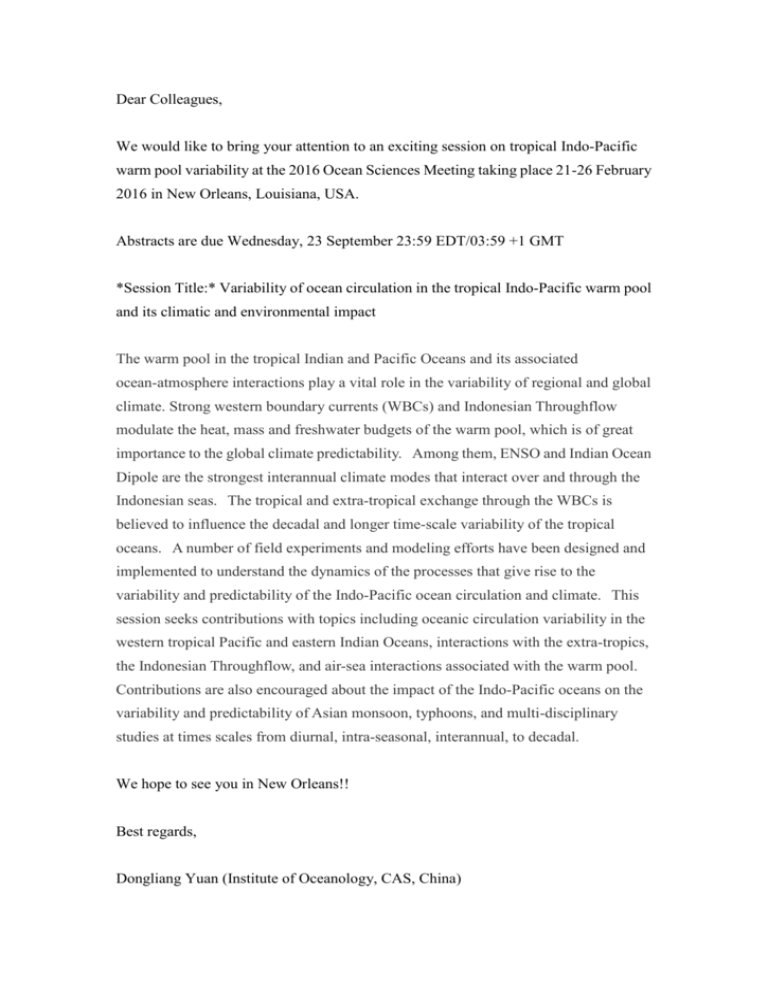
Dear Colleagues, We would like to bring your attention to an exciting session on tropical Indo-Pacific warm pool variability at the 2016 Ocean Sciences Meeting taking place 21-26 February 2016 in New Orleans, Louisiana, USA. Abstracts are due Wednesday, 23 September 23:59 EDT/03:59 +1 GMT *Session Title:* Variability of ocean circulation in the tropical Indo-Pacific warm pool and its climatic and environmental impact The warm pool in the tropical Indian and Pacific Oceans and its associated ocean-atmosphere interactions play a vital role in the variability of regional and global climate. Strong western boundary currents (WBCs) and Indonesian Throughflow modulate the heat, mass and freshwater budgets of the warm pool, which is of great importance to the global climate predictability. Among them, ENSO and Indian Ocean Dipole are the strongest interannual climate modes that interact over and through the Indonesian seas. The tropical and extra-tropical exchange through the WBCs is believed to influence the decadal and longer time-scale variability of the tropical oceans. A number of field experiments and modeling efforts have been designed and implemented to understand the dynamics of the processes that give rise to the variability and predictability of the Indo-Pacific ocean circulation and climate. This session seeks contributions with topics including oceanic circulation variability in the western tropical Pacific and eastern Indian Oceans, interactions with the extra-tropics, the Indonesian Throughflow, and air-sea interactions associated with the warm pool. Contributions are also encouraged about the impact of the Indo-Pacific oceans on the variability and predictability of Asian monsoon, typhoons, and multi-disciplinary studies at times scales from diurnal, intra-seasonal, interannual, to decadal. We hope to see you in New Orleans!! Best regards, Dongliang Yuan (Institute of Oceanology, CAS, China) Janet Sprintall (Scripps Institution of Oceanography, USA) Christophe Maes (Institute for Research and Development, France) Fang Wang (Institute of Oceanology, CAS, China)
